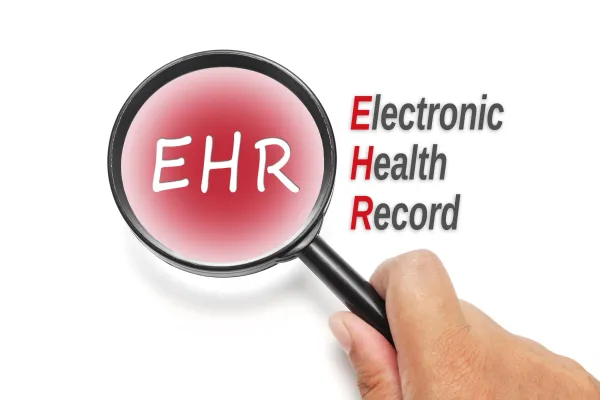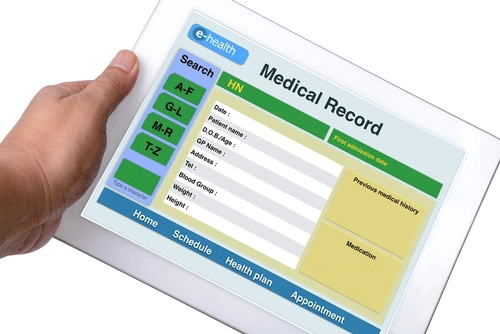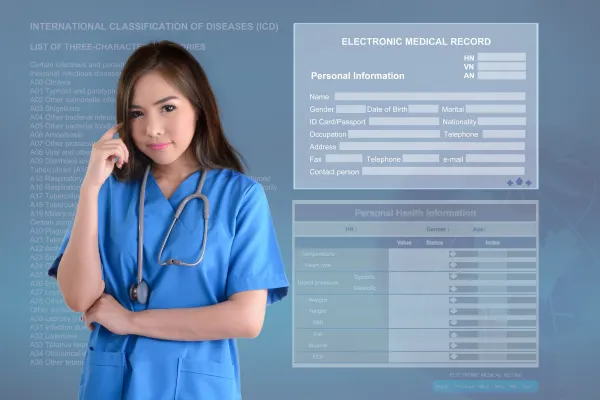EHR Overload Affects Physicians' Performance, a New AMA Study Reports

Many enter the field of medicine with high hopes of engaging with the public on an altruistic level, helping patients overcome obstacles related to both their physical and mental health. While the technical health care boom has enriched the delivery of care, allowing better coordination between providers and making it easier to bill for services rendered with imbibed EHRs, the lengthy process of entering data has greatly impeded the long cherished relationship between doctor and patient.
Context. In a recent American Medical Association (AMA) study coordinated with Dartmouth-Hitchcock health care system and published in the Annals of Internal Medicine, researchers concluded that physicians now spend more than half their workdays on the administrative details of practicing medicine—shuffling patient data electronically instead of spending more time engaging with patients directly.
“This study reveals what many physicians are feeling—data entry and administrative tasks are cutting into the doctor-patient time that is central to medicine and a primary reason many of us became physicians,” said Steven J. Stack MD, former AMA president, in a Sept. 6, 2016 news release. “Unfortunately, these demands are not being reconciled with patient priorities and clinical workflow. Clerical tasks and poorly-designed EHRs have physicians suffering from a growing sense that they are neglecting their patients as they try to keep up with an overload of type-and-click tasks.”
The stats. The AMA research showed that physicians are now only spending 27 percent of their workday with patients versus 49.2 percent of their time entering information into their EHRs or at their desks. The decline of face-to-face time with patients is leading many to feel disenchanted with the system mandated with the rise of Meaningful Use (MU) and the use of CEHRT.
With ACI on the Horizon, Can Health Care Overcome This Issue?
As MU rides off into the sunset, Advancing Care Information (ACI) is set to emerge as Medicare’s go-to, patient-provider technical system. CMS promises better interoperability, more flexibility, and a more customized approach to the electronic exchange of data and how it affects patient care under the new EHR regime. With greater monetary rewards attached to ACI adoption, physicians have much to look forward to, especially with EHR reporting measures dropping from 18 to 11.
Looking ahead. The AMA news release mentions the necessary changes that need to be addressed going forward in the new design of future EHRs in addition to its online resource, STEPS Forward (https://www.stepsforward.org), which aims to help struggling physicians combat EHR burnout.
As we previously mentioned in our overview of the AMA’s annual meeting (Part B Insider, Vol.17, No. 22), CMS is aware of the issues and is looking at the modules and physician input through the STEPS Forward program. CMS continues to look at public commentary on all facets of MACRA, taking advice from clinicians on how to improve CEHRT for the next generation of providers under ACI to ensure quality patient care with this next step in the merger of medicine and technology.
Resource: For a link to the AMA press release on this EHR study, visit http://www.ama-assn.org/ama/pub/news/news/2016/2016-09-06-ama-study-technological-administrative-demands.page.




